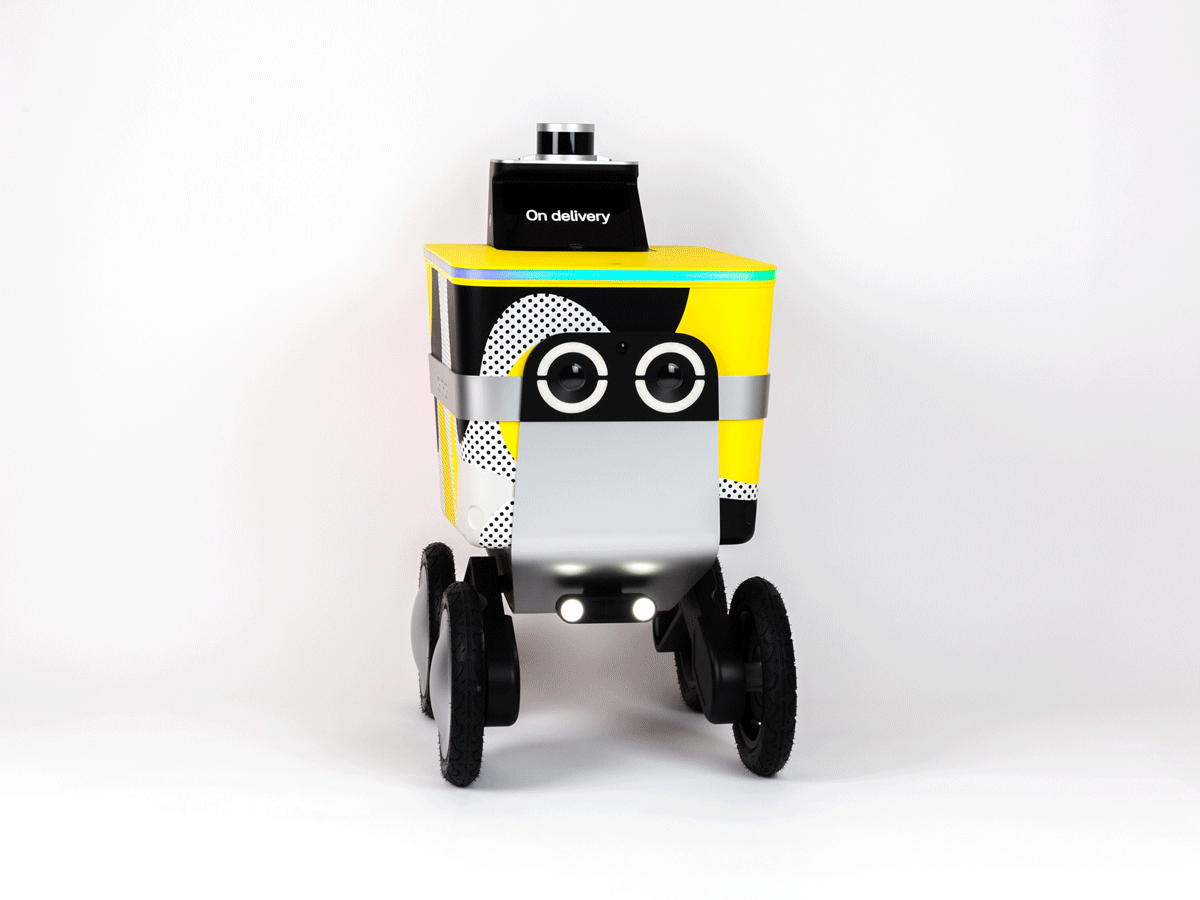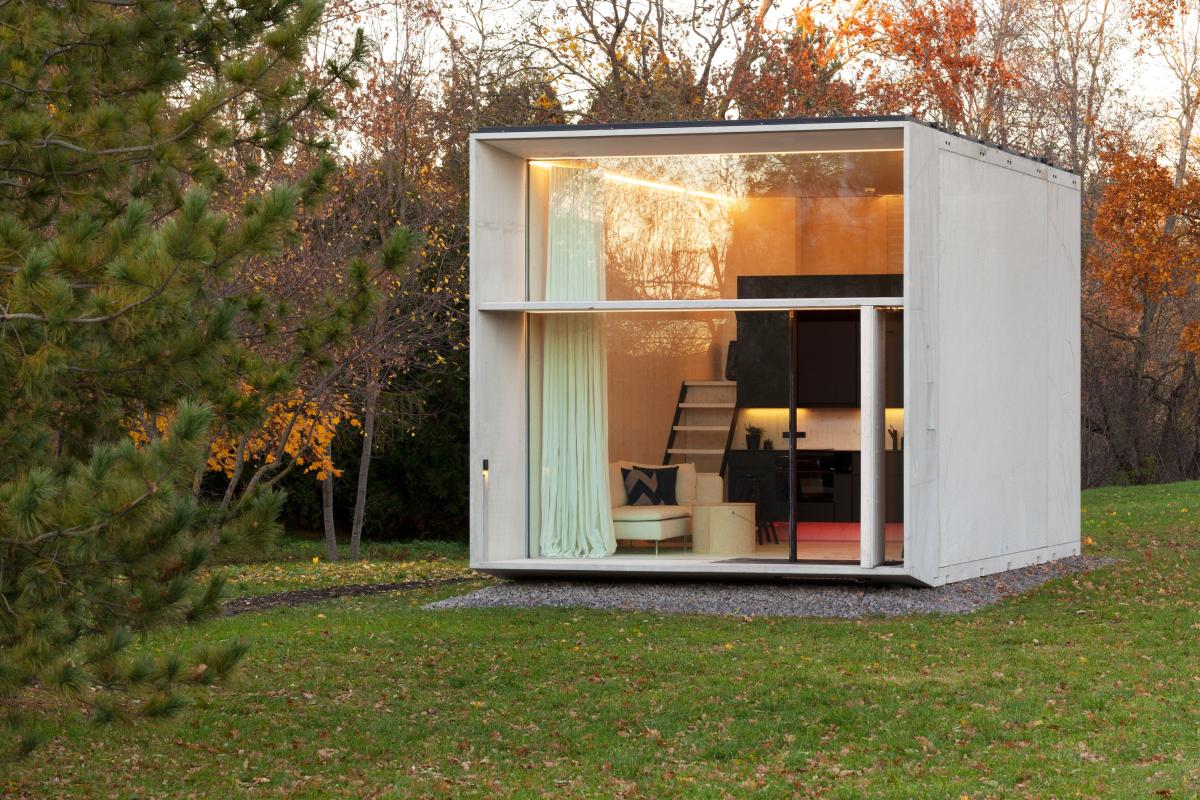From the merging of kid-culture and adult-culture and challenging traditional understandings of 'naturalness' to increased awareness of diverse sexual and gender identities.
1. Malleable space
In 2018, increases in non-traditional modes of working (for example, working from home and co-working) saw the division between home, work and leisure dissolving.
Watch in 2019 for further design advancements that will enable not only flexible working but also affordable and adaptable housing, maximization of micro-living spaces, and nomadic lifestyles.
The recently developed e-NV200 WORKSPACe, created by Nissan in collaboration with British design firm Studio Hardie, completely dissolves the notion of distinct and fixed spaces for work, home and leisure.
The design amalgamates car and work spaces, providing a vehicle that allows consumers to take their office with them wherever they go.
The Estonian-designed KODA moveable home, meanwhile, contains a bathroom, shower, bedroom and terrace, and can be built in one day to build and disassembled for moving in only seven hours
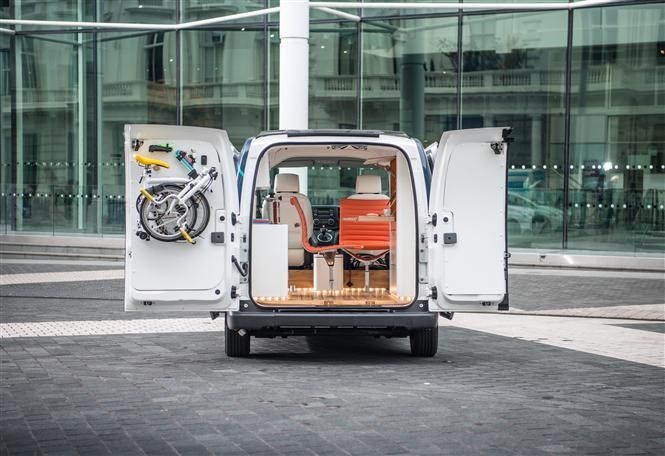
2. Challenging traditional understandings of ‘naturalness’
In 2019, expect to see shifts in deeply ingrained conceptions of what is both natural and possible. Recent scientific advancements are being utilised to challenge understandings of the interplay between science and nature, encouraging a rethinking of naturalness on both a culturally-specific and global level.
In China, The Tiger Penis Project uses hybrid gene technology to offer lab-created alternatives to rare animal organs used in traditional Chinese medicine, maintaining ties to traditional medicine while challenging long-held conceptions of ‘natural’ cures. Meanwhile, advancements in CRISPR DNA technology in the US are set to revolutionize the way we understand life itself. Gene-editing scientist Ben Novak, for example, is using CRISPR to attempt to bring extinct animal species back into existence.

3. Embracing wild experiences
Instead of being handed experiences on a platter, people are increasingly being encouraged to discover their own adventurous experiences, whether in travel, dining, luxury, leisure, fashion.
One example of this is the recent rise of extreme survival holidays and experiences. Instead of relaxing and receiving the royal treatment, holidaymakers are left to survive in extreme conditions, testing their ability to live in the wild with few or no amenities – signalling a desire for leisure activities that challenge mental fortitude and physical resolve. Examples include Life Survival’s ‘Nothing but a Knife’ adventures, Docastaway’s ‘Desert Island Survival’ experience and Black Tomato’s ‘Get Lost’ trips
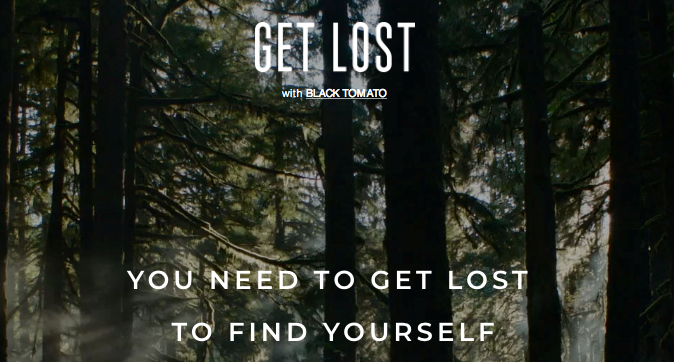
4. Seeking unmediated engagement
Here, we can expect to see a continuation of the ongoing drive for unmediated ways of engaging with the world. 2018 saw a backlash to unrealistic and often elitist messaging to ‘leave your phone at home.’ In 2019, we expect to see a more balanced approach, with people seeking ways of engaging with their worlds that are physical and unmediated, selectively asserting autonomy over technology, at least temporarily.
A good example is culinary experiences that disallow phone use, like, for example the rising popularity of haute eat-with-your-hands dining. Vancouver’s Kulinayara Filipino Eatery offers mess-hall style dining, all eaten without knife and fork. Cutlery is also absent at James Beard award winning Guelaguetza in LA, and at two-Michelin-starred Indian restaurant Campton Place in San Francisco.
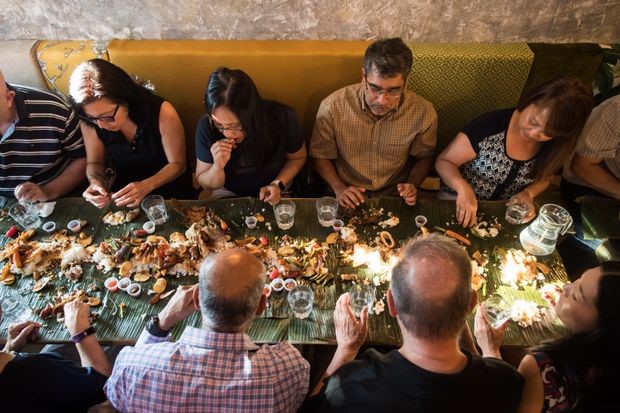
5. Moving from individualism to community focus
Perhaps as a response to a perceived sense of turmoil on a macro level, 2018 saw the beginnings of a cultural shift away from individualism and toward a more community-minded way of living. In 2019 we can expect to see this manifesting further, in the ways people live, work and play. Along with this increased community focus, we can also expect to see big changes around ideas of ownership, in terms of home, capital, tools, and more.
A prime example of this move toward community focus is the rise of neighbourhood sharing apps. Now available in 32 countries, food-sharing app Olio connects neighbours to each other and to local shops, enabling surplus food to be shared and helping prevent food waste. In the US, LotsaHelpingHands enables the creation local ‘care communities,’ and neighbourhood sharing app StreetBank allows neighbours in the UK to share tools and trade unused items.
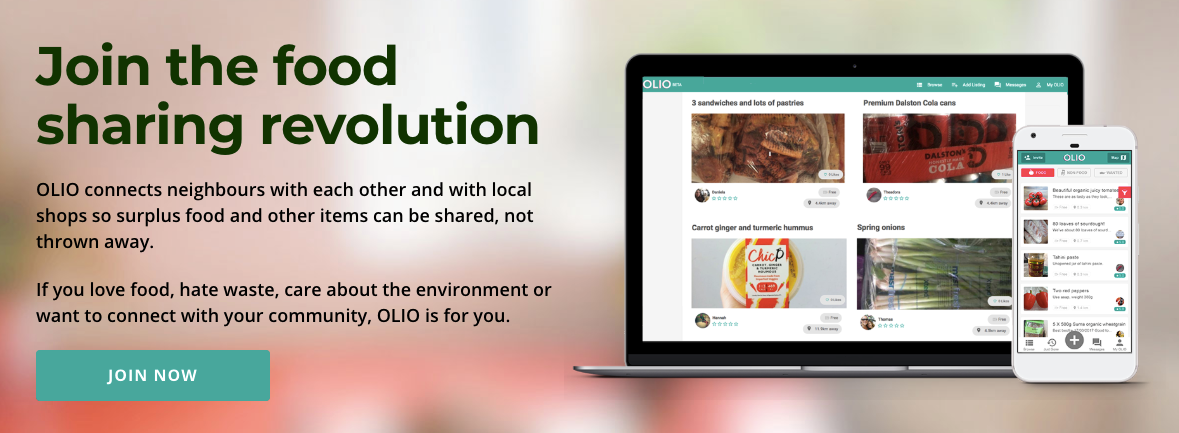
6. Transformation of homes into sites of production
The near-instant availability of on-demand everything is a dominant feature of modern life, particularly in cities. In the upcoming year, watch out for a return to the idea of the home as a site of production, heralded by home-3D printing, urban farming, DIY culture and the privileging of home baking (the latter of which also ties in to slow living trends seen previously.
An increased number of companies are now offering services that allow even city dwellers to grow their own produce at home. The GroBox One by ASPEN is a fully-automated home hydroponics system for growing fruits and vegetables that “literally takes care of itself’’.
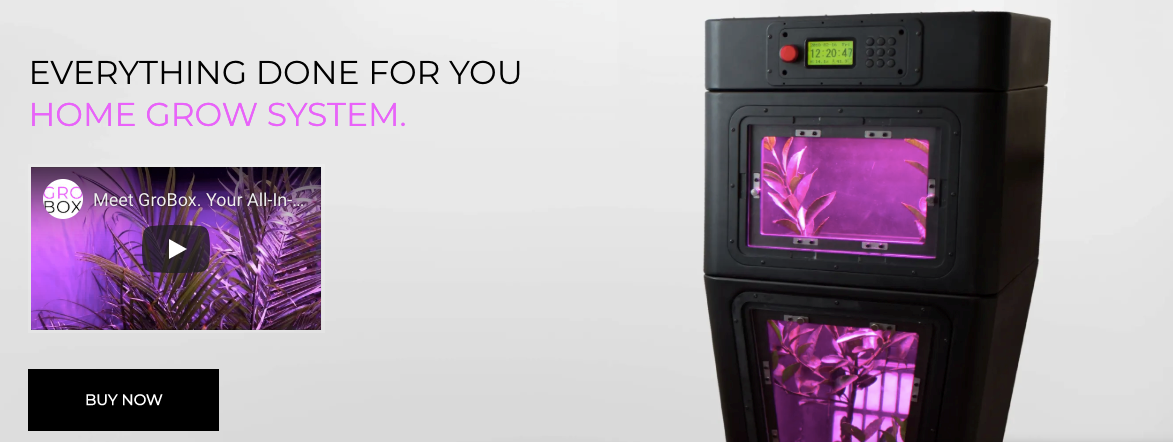
7. Merging of kid-culture and adult-culture
It’s not news that busy, stressed adults seek escape in the form of play and other types of ‘childlike’ indulgence. Simultaneous to this, kids are increasingly acquiring ‘grown up’ skills at earlier ages. With play a part of adult life and kids being trained earlier for adult roles, in 2019 the division between kid-culture and adult-culture will dissolve further, with shared activities growing.
This can be seen already in the fitness space, with gyms mixing sport and play and catering to both kids and adults. Tempest Academy is a Californian gym that designs fitness facilities to mimic iconic video gaming worlds. Their most recent creation: a parkour gym resembling Sonic the Hedgehog’s Green Hill Zone.
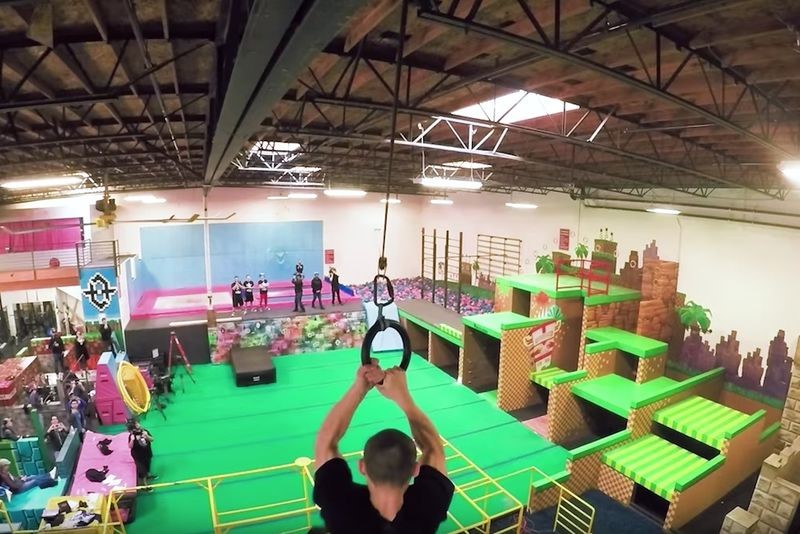
8. Increased awareness of diverse sexual and gender identities
Recent years have seen a huge increase in awareness and acceptance of gender fluid and trans identities. In 2019, expect to see more visibility and understanding of distinct identities and ways of living e.g. enbys, polyamory, aces, pansexuals
November 2018’s #clawsoutfortrans campaign is a good example of the rise in awareness and mainstream support of diverse gender identities. By queering the recently-released lobster emoji, the campaign aimed to raise awareness of the fact that companies including Facebook and Google are yet to offer an emoji that features the trans flag.

9. Mainstreaming of practical sustainability
This year expect to see sustainable living becoming increasingly mainstreamed. The key shift in 2019 will be in the way sustainable living is framed – couched as economically savvy, sustainability evolves from ‘nice-to-have’ to a no-brainer.
Scooter sharing programs in various cities frame their services as practical solutions to travel congestion that also happen to make cities greener. E-scooter sharing apps Bird and Lime are prevalent in most major US cities. With space for two people or cargo, the newly released Unicorn Scooter is also being promoted as a smart alternative to car-ownership in some cities.
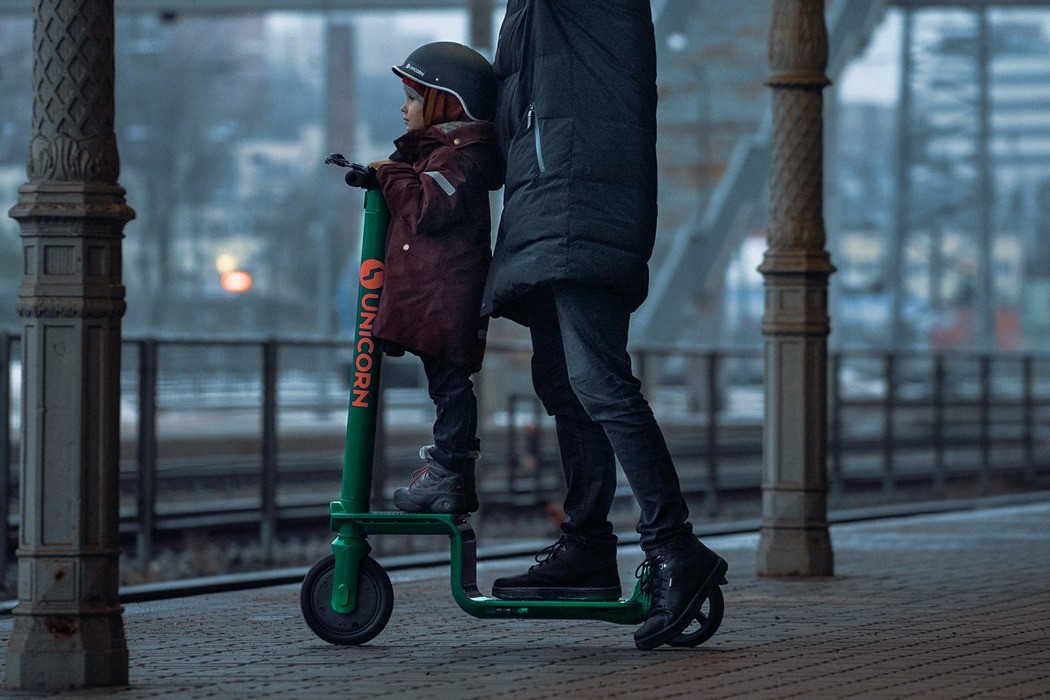
10. Streamlining of autonomous tech
2018 showed us that AI has arrived in the cultural mainstream. But it remains a blunt instrument. In 2019, expect to see autonomous tech become ubiquitous, while at the same time more tailored and streamlined, as awareness of the roles these devices play and how they work increases in kind.
Postmate’s Serve is a good example of AI utilized as necessary, rather than by default. Soon to be released in Los Angeles, the delivery bot will become part of the Postmates delivery fleet. Rather than replacing human couriers, however, it will be dispatched to areas with congested traffic, saving fuel and time.
